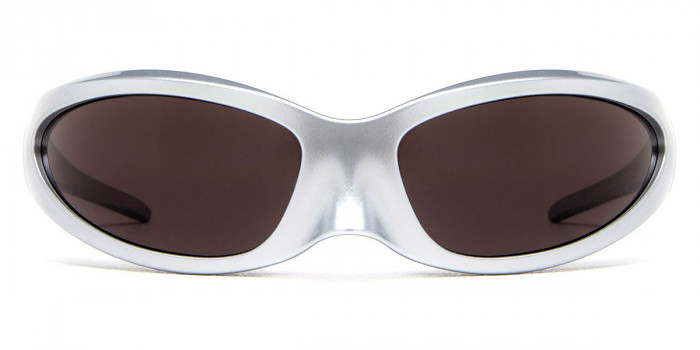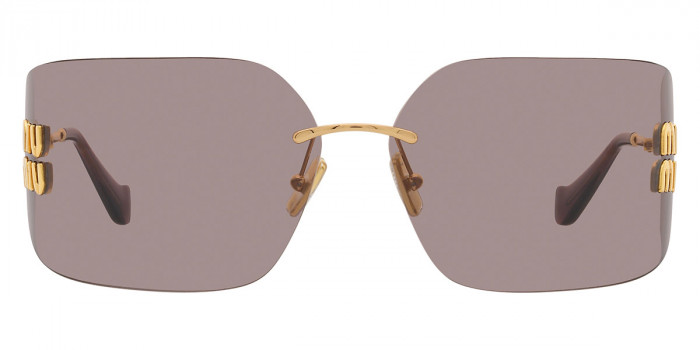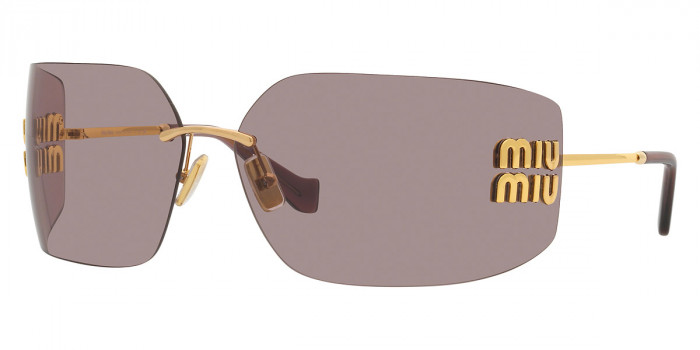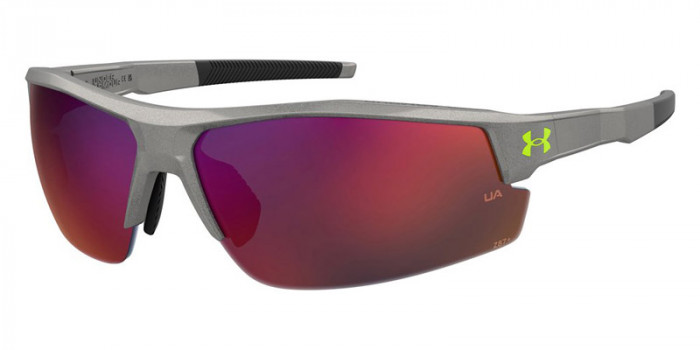Sunglasses 80mm Lens
Sunglasses are not only a fashion statement, but they are also a crucial tool for protecting our eyes from harmful UV rays. When choosing a pair of sunglasses, there are several important factors to consider to ensure that they provide adequate protection and comfort. Firstly, the lenses of the sunglasses should block 100% of both UVA and UVB rays. This is important because prolonged exposure to these rays can lead to various eye problems such as cataracts, macular degeneration, and even skin cancer on the eyelids. Secondly, the color and tint of the lenses can affect how well you see in different lighting conditions. For example, gray lenses are good for bright sunlight, while amber or brown lenses are better for low-light situations. Polarized lenses are also a good option as they reduce glare and improve visibility. The material of the frames can also affect the weight and durability of the sunglasses, with options ranging from plastic to metal.
Lastly, the style of the sunglasses is a personal preference, but it is important to choose a pair that not only looks good but also has the right size. To ensure that glasses are the right size, it is important to work with an experienced eyewear professional who can take accurate measurements and recommend frames that will fit properly. This may involve considering factors such as the width of the face, the distance between the eyes, and the shape of the nose and ears. The width of the lenses can affect the overall fit and comfort of the sunglasses, as well as the level of sun protection provided. For example, lenses with a width of 80mm are considered large lenses and they would provide a wide field of vision and maximum sun protection. Sunglasses with an 80mm lens width would be ideal for people who have larger faces or who prefer eyewear with a more oversized look. They would also be a good choice for outdoor activities where maximum sun protection is needed, such as hiking, skiing, or water sports.









